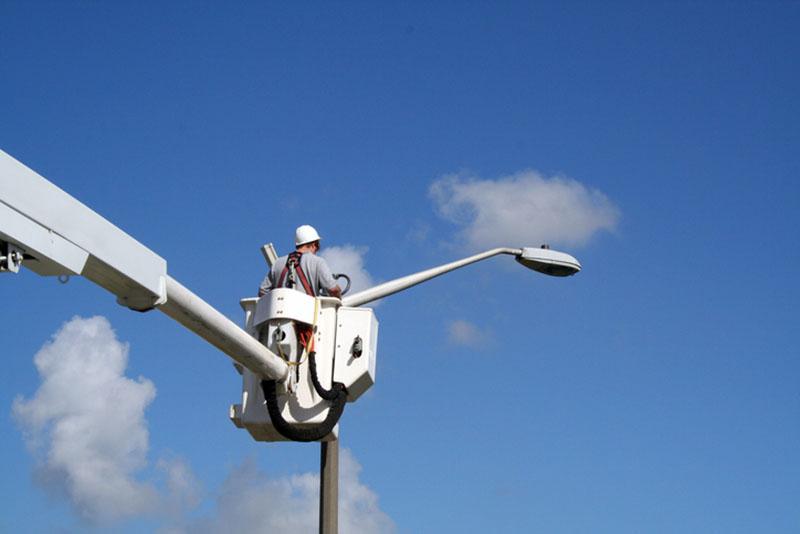The Buy New Zealand Made Campaign is concerned by local and central government procurement practices which appear to prioritise price over quality and longevity.
Executive director Dane Ambler says news that Wellington Council will likely be slammed with a hefty $6 million bill for faulty street lamp adapters comes as no surprise to Buy NZ Made, which has seen councils make cost-based decisions time and time again.
"We are seeing government departments and councils put price ahead of quality by buying overseas-made goods. Ultimately, they are paying the long-term cost. Cutting corners does not fly when it comes to manufacturing.
"We believe the cost of repair to be between 4 to 6 times more expensive than the original procurement. Meanwhile, using a local business to make the adapters would have been just 20-30% more than the original cost.
"From a design perspective, using overseas companies that do not understand New Zealand’s harsh environmental conditions often results in products that are not fit for purpose.
"How can Kiwis be inspired to shop local when our own councils and government departments opt for cheap, overseas-manufactured goods?"
Ambler says Kiwi manufacturers are too scared to speak out after losing government contracts, fearing they will never get another opportunity to bid.
"In this case, lives are being put at risk. Poor aluminium casting of this nature would not happen in New Zealand. And if it did, the repair job would be a whole lot easier and cheaper.
"Foundries around the country are shutting down because of poor procurement decisions that prioritise cost over quality and longevity. Not only is this practice unsustainable, it is putting Kiwis out of jobs."
Source: Buy NZ Made






